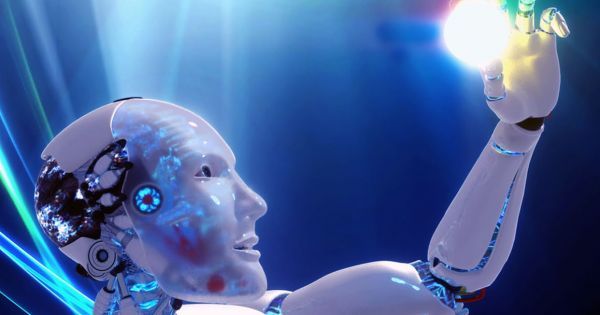In Brief The time for machines to take over most of humanity’s work is rapidly approaching. The world is woefully unprepared to deal with the implications that automation will have over the coming decades. Universal basic income is just beginning to be discussed, and automation has the potential to displace much of the world’s workforce. Many decisions have to be made, and quickly, if we hope to keep pace with innovation.
On December 2nd, 1942, a team of scientists led by Enrico Fermi came back from lunch and watched as humanity created the first self-sustaining nuclear reaction inside a pile of bricks and wood underneath a football field at the University of Chicago. Known to history as Chicago Pile-1, it was celebrated in silence with a single bottle of Chianti, for those who were there understood exactly what it meant for humankind, without any need for words.
Now, something new has occurred that, again, quietly changed the world forever. Like a whispered word in a foreign language, it was quiet in that you may have heard it, but its full meaning may not have been comprehended. However, it’s vital we understand this new language, and what it’s increasingly telling us, for the ramifications are set to alter everything we take for granted about the way our globalized economy functions, and the ways in which we as humans exist within it.









Comments are closed.